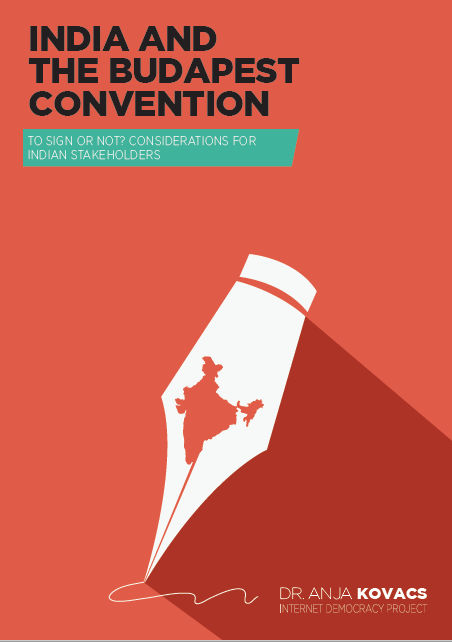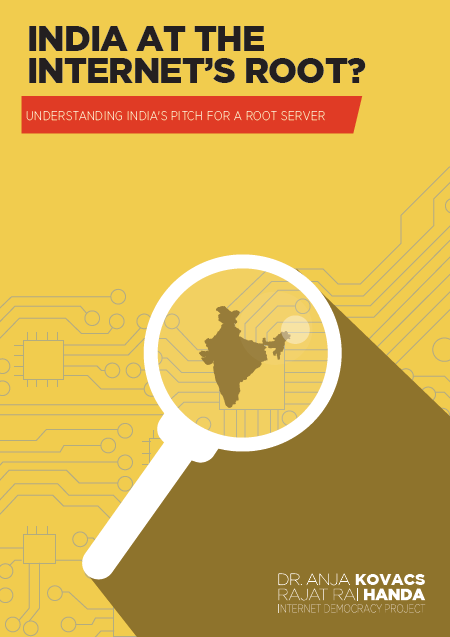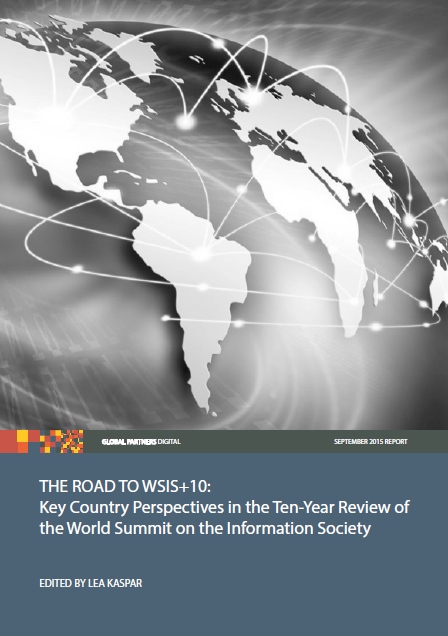Podcast: Greg Macdougall interviews Anja Kovacs on Internet rights, political economy and social justice
On 8 August 2016, Anja Kovacs was interviewed by Greg Macdougall of EquitableEducation.ca. It was the first full day of the World Forum on Free Media in Montréal, which happened in conjunction with the World Social Forum happening Aug 9 – 14. Greg and Anja discussed a wide range of topics, including ‘zero rating’ and net neutrality; state surveillance; public dissatisfaction with Facebook and creating alternatives; and how the internet, capitalism, communications and the link to broader struggles for rights, justice and humanity. You can listen to the full interview here. More


